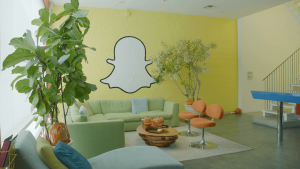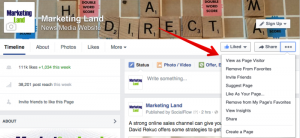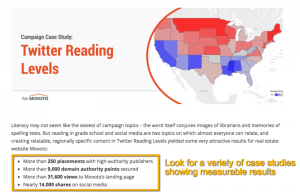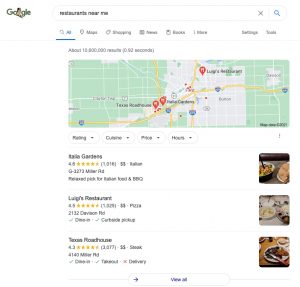
The social media landscape changes as fast as the online landscape. As soon as you think you’ve got a winning social media strategy, a new site is introduced that takes a lot of users with it.
The latest is called WhatsApp — a social site that allows users to connect by sending each other images, text messages or audio. It’s kind of like texting meets Twitter.
If you aren’t already on the site, you should go ahead and sign up and spend some time getting to know it before you start thinking about how to use it for your business.
Once you’re ready, here are a few things you’ll need to know about creating a WhatsApp marketing strategy for your business:
Options for Connecting
There are three ways you can connect on WhatsApp: Personal messages, group chat, and broadcast lists.
The personal messages can be too time-consuming for brands to try to use for marketing — especially if they amass a large following. However, personal messages can be effective for lead generation follow up or for nurturing customer relationships. For example, you can send a message after a sale has been made.
Group chat is like sending out a group email. Everyone who replies will be sending the message to everyone else in the group. For that reason, it’s not always effective for marketing. Just imagine if someone sent a nasty message in return!
However, you can use group chat for small focus groups. Just keep your messages focused to try to limit the possibility for negative responses.
Finally, broadcast lists also allow you to send a group message to everyone on the list, but the members do not see each other and they do not see replies. Broadcast lists offer the most options for marketers to connect.
Some of the Pros of WhatsApp
WhatsApp has many features that other social platforms do not that benefit your company and can improve your marketing efforts.
When you send a message on WhatsApp, your customers will get a notification that it is waiting, increasing the chances that they will actually look at it. Some reports have indicated that as many as 70 percent of messages on the site are actually opened. Those numbers are much better than just about any email marketing platform!
The site also has a very engaged audience, so you can make much deeper connections. Thanks to the options for connection, you can scale your campaign so that you reach many people or just one. No matter which option you choose, you will have a higher rate of success.
Finally, WhatsApp is still a relatively new site, so it is also relatively uncluttered. You won’t be fighting to be heard on the site. You also won’t have to pay to promote your posts or to get higher visibility with your followers, like you have to do with Facebook and sometimes even with Twitter.
Some of the Cons
No social network is perfect, and WhatsApp does have its drawbacks.
Primarily, the drawback to WhatsApp is that it was made for personal messaging and not brand marketing. That doesn’t mean that brands can’t use it to market, but it wasn’t designed with brands in mind. You won’t find business accounts on the site, and you won’t get special support for your business needs.
You have to use a mobile number to use WhatsApp, and you will have to encourage users to opt-in to receiving your messages, which may be tricky at first. Once you do, you’ll have a better ability to connect with them though.
Broadcast lists are also limited to only 256 people. That doesn’t meant that you can’t contact more people than that — it just means that you will have to create multiple lists to do so. Some may not find this constraining at all, but others may find the manual work required for this to be tedious and time-consuming.
Because WhatsApp was not created for businesses, it also does not have in-depth analytics. It only shows what messages have been sent and received. If you want to track your own opens, you’ll have to tag your messages with UTM or some other bit of code.
Major Users
Despite some of these disadvantages to the site, many marketers have already been using WhatsApp with great success. Huffington Post was one of the earliest to use the site, and it sends messages to alert users about hot, new stories. Other major users include BBC News, The Guardian and Vogue.
Those who have been successful with WhatsApp generally limit their broadcasts to just one or two per day, and they focus on a specific theme, like news outlets talking about a current election. Top users also take advantage of the engagement they get on the site to encourage more people to follow them on Facebook and other social sites, where they can do more to connect.
Digital & Social Articles on Business 2 Community(38)
Report Post






